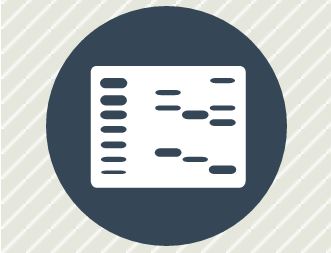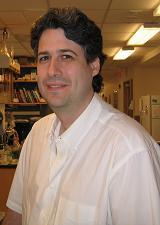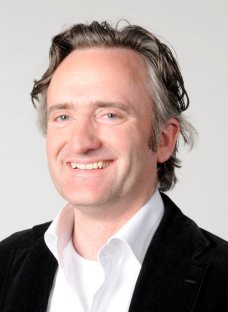 A new ALS-gene, NEK1, has been identified by research groups in the Netherlands and the United States. As described in their publication in Nature Genetics, mutations in this gene are responsible for an increased risk of ALS (amyotrophic lateral sclerosis).
A new ALS-gene, NEK1, has been identified by research groups in the Netherlands and the United States. As described in their publication in Nature Genetics, mutations in this gene are responsible for an increased risk of ALS (amyotrophic lateral sclerosis).
ALS, also known as MND or Lou Gehrig’s Disease, is a rapidly progressive fatal neurodegenerative disease affecting 1 in 400 individuals. The cause of ALS is unknown and therefore effective therapies are lacking.
NEK1 was identified in whole genome sequencing data, reading each of the 6 billion letters of the genome of 4 ALS patients from an isolated community in the Netherlands. The relevance of NEK1 was confirmed in whole exome data of 1,022 index familial ALS (FALS) cases and 7,315 controls from the United States. Prof. John Landers of the University of Massachusetts, United States: “We used a novel rare variant gene burden approach, and found evidence for NEK1 being related to familial ALS, on top of the already known ALS genes. Interestingly, we were able to gather more evidence through our international collaboration that NEK1 is in fact related to both familial and sporadic ALS.”
The relevance of NEK1 for ALS was established in an independent line of research. The researchers validated their finding in data of the international genetic research Project MinE. Genetic data of this large group of ALS patients, who were unrelated to the patients where the initial discovery was made, showed that NEK1 mutations were present in 3% of ALS patients.
Prof. Jan Veldink, University Medical Centre, the Netherlands: “ALS patients carried several types of mutations on the NEK1 gene. The risk of ALS might vary for these various mutations. But it is clear that this NEK1 gene is an important step forward in our search for the genetic causes of ALS. Even after this new finding, the genetic causes of up to 40% of familial ALS cases and a large majority of sporadic ALS cases are still unknown. That’s why our research groups, together with many other groups worldwide, collaborate in the genetic ALS research Project MinE, which aims to whole genome sequence 15,000 patients and 7,500 healthy controls to find all genetic causes. We need to identify more risk genes and study the disease processes to find targeted treatments for this devastating, fatal neuromuscular disease.”
What does this mean for patients?
Please find the questions and answers of our partner organisations the American ALS Association about what this new discovery means for ALS patients.
This is encouraging news, but we’re not there yet. There is still a lot of work to do before we have found effective treatments. Please support us in this worldwide endeavour towards a cure for ALS. Be assured that we work together with more than 16 ALS associations and ALS centres at leading universities worldwide. Together we can achieve this! Project MinE, make it yours.
Paper
Have a read of the scientific paper titled “NEK1 variants confer susceptibility to amyotrophic lateral sclerosis” in Nature Genetics. This paper was published online 25th of July together with a second scientific paper of the Project MinE research consortium titled ‘Genome-wide association analyses identify new risk variants and the genetic architecture of amyotrophic lateral sclerosis’.
Also have a read of the press release about NEK1 of the ALS Association of the USA.

